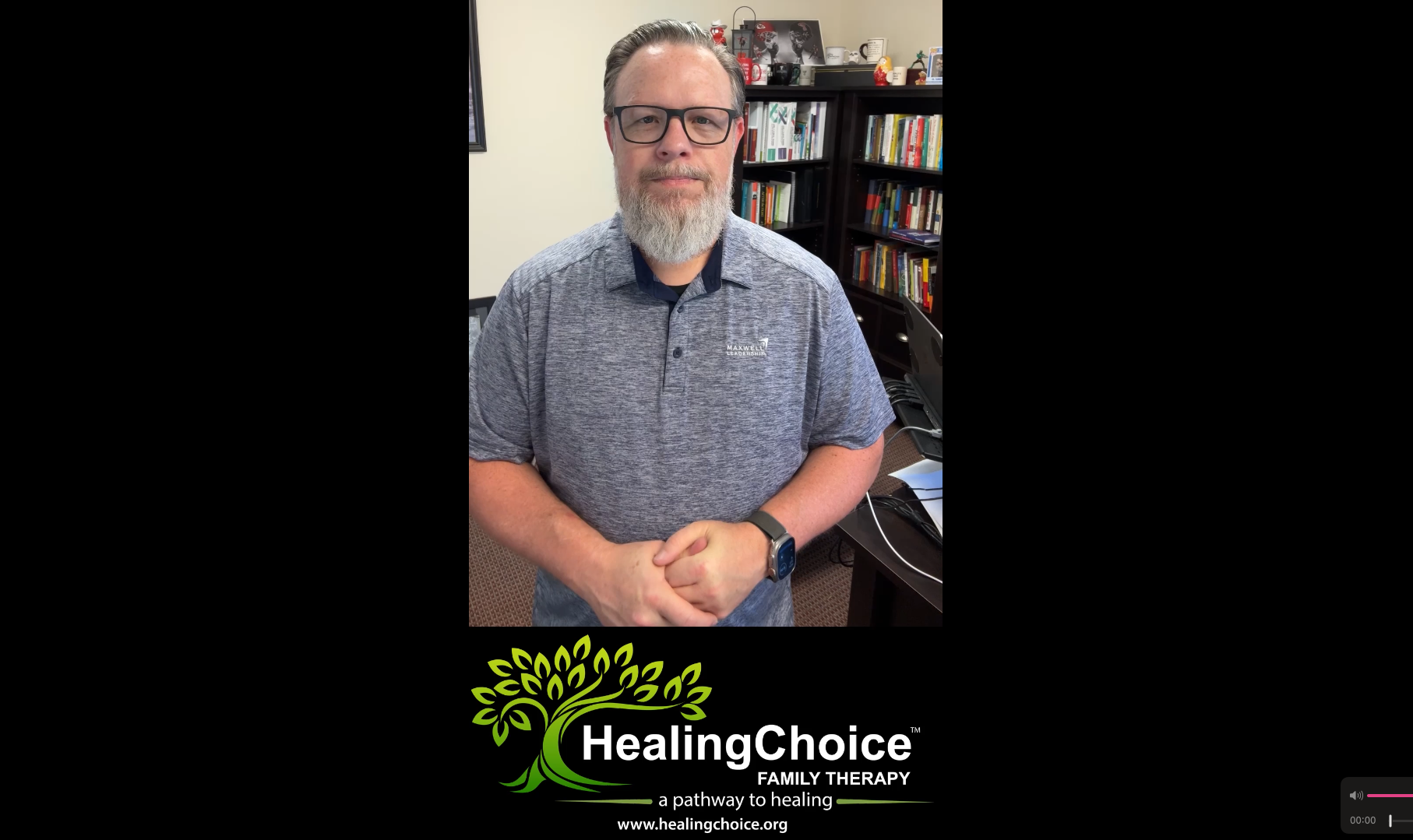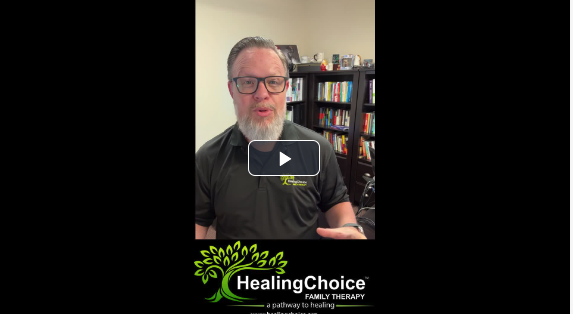Emotional resilience is a critical skill for navigating the inevitable challenges life throws our way. As Mary Holloway wisely stated, "Resilience is knowing that you are the only one with the power and the responsibility to pick yourself up." This insight underscores the internal strength required to confront adversity, emphasizing that we have the capacity to shape our responses to difficult situations. In this post, we will explore practical, evidence-based strategies for enhancing emotional resilience and empowering ourselves to face life’s complexities.
What is Emotional Resilience?
Emotional resilience refers to the ability to adapt to stress, adversity, trauma, or significant life changes. It is not about avoiding or escaping hardships; rather, it is about developing the skills to confront and manage them. According to the American Psychological Association (APA), resilience involves behaviors, thoughts, and actions that can be learned and developed by anyone. It is about fostering emotional well-being, building a foundation for growth, and finding ways to thrive even in the face of life’s most daunting trials.
Research suggests that emotionally resilient people tend to maintain better mental health during times of stress and are less likely to develop conditions such as anxiety and depression. This resilience allows individuals to recover from setbacks more quickly and adapt to changing circumstances effectively.
The Power and Responsibility of Emotional Ownership
At the core of emotional resilience lies the concept of taking ownership of our emotions and our responses to challenging situations. This means recognizing that, while we cannot always control what happens to us, we can control how we respond. Psychologist Viktor Frankl, a Holocaust survivor, highlighted this in his book Man's Search for Meaning, where he argued that while external circumstances can limit our choices, our inner freedom to choose our attitude remains intact. Taking responsibility for our reactions empowers us to confront adversity head-on, transforming setbacks into opportunities for growth.
Strategies for Enhancing Emotional Resilience
Building emotional resilience is a dynamic process that involves integrating various practical strategies into our daily lives. Here, we’ll discuss evidence-based techniques that can strengthen our ability to cope with life’s challenges.
-
Mindfulness Practices: Cultivating Awareness and Presence
Mindfulness involves paying attention to the present moment without judgment. Practices such as meditation, deep breathing exercises, or mindful walking can foster a sense of calm and clarity, especially during stressful times. Research has shown that mindfulness-based interventions, such as Mindfulness-Based Stress Reduction (MBSR), can significantly reduce symptoms of anxiety and depression, while enhancing emotional regulation.
When we practice mindfulness, we become more aware of our thoughts and emotions, enabling us to observe them without becoming overwhelmed. This awareness creates space to respond to adversity with greater composure and resilience. A study published in Clinical Psychology Review found that mindfulness-based therapies can increase resilience by promoting emotional flexibility, which helps individuals adapt to changing circumstances.
-
Self-Care: Nurturing Your Emotional Well-Being
Self-care is more than indulging in occasional treats; it is about establishing regular routines that support mental, physical, and emotional well-being. Activities such as spending time in nature, engaging in hobbies, exercising, or practicing gratitude can recharge our emotional batteries and bolster resilience. A 2018 study in BMC Psychology found that individuals who engaged in consistent self-care practices experienced lower levels of stress and greater overall life satisfaction.
By prioritizing self-care, we acknowledge our worth and recognize the importance of replenishing our energy. This enables us to better face life’s difficulties with a renewed sense of strength and determination.
-
Building a Support Network: The Value of Connection
Social support is one of the strongest predictors of resilience. According to the Social Baseline Theory, the presence of supportive individuals can decrease the perception of threat and help us manage stress more effectively. Having a solid network of family, friends, or supportive groups provides us with emotional encouragement and practical assistance during difficult times.
A 2015 study published in Health Psychology demonstrated that people with strong social connections have lower levels of stress-related biomarkers, such as cortisol, and are more resilient in the face of major life changes. Engaging with others can also enhance our sense of belonging and reduce feelings of isolation, further strengthening our emotional resilience.
-
Reframing Challenges: The Growth Mindset Approach
Adopting a growth mindset—where setbacks are seen as opportunities for learning—can significantly enhance resilience. Dr. Carol Dweck's research on growth mindset illustrates that people who perceive challenges as a chance to develop new skills or improve their abilities are more likely to persevere when faced with adversity.
Reframing involves looking at a situation from a different perspective, focusing on what can be learned rather than what was lost. For example, losing a job might be reframed as a chance to pursue a more fulfilling career path. This shift in mindset does not dismiss the difficulties involved, but it enables us to find meaning in our experiences and emerge stronger.
-
Optimism: Fostering a Positive Outlook
Optimism is not about ignoring negative emotions or pretending everything is fine. It is about maintaining hope and focusing on constructive solutions in the midst of difficulties. Studies on optimism have shown that it is associated with better physical health, lower stress levels, and a greater ability to recover from adversity. For instance, a study in Journal of Personality and Social Psychology found that optimists tend to experience less distress in response to stressful life events and exhibit higher levels of resilience.
Practicing optimism can involve setting small, achievable goals, finding silver linings, or reflecting on past successes to build confidence in overcoming current challenges. By focusing on what we can control, we cultivate a mindset that supports resilience.
The Role of Emotional Flexibility
An essential component of emotional resilience is flexibility, or the ability to adapt one’s emotional response to suit different situations. Emotional flexibility allows us to regulate our feelings in a way that aligns with the demands of the moment. According to research published in Emotion, individuals who exhibit high levels of emotional flexibility are better able to manage stress and bounce back from negative experiences.
Emotional flexibility can be developed through practices such as Cognitive Behavioral Therapy (CBT), which helps individuals identify and change maladaptive thinking patterns. By practicing emotional flexibility, we increase our capacity to cope with the ups and downs of life.
Resilience as a Lifelong Journey
Building emotional resilience is not a one-time achievement; it is an ongoing process. Life will continue to present new challenges, and our resilience will be tested in different ways over time. By regularly integrating the strategies discussed above, we can strengthen our ability to face adversity with greater resilience.
It’s important to remember that resilience does not mean being unaffected by hardship; rather, it involves experiencing difficult emotions and using them as a catalyst for growth. Through mindful practice, self-care, supportive relationships, reframing challenges, and fostering optimism, we can build a foundation of emotional resilience that empowers us to thrive in any circumstance.
Conclusion: Empowering Ourselves to Navigate Life’s Storms
As Mary Holloway's quote reminds us, we hold the power and responsibility to pick ourselves up when life knocks us down. Emotional resilience is about harnessing this power and equipping ourselves with the skills to navigate adversity. By adopting practical strategies to enhance resilience, we build a stronger foundation for emotional well-being, empowering ourselves to face life’s inevitable storms with courage and grace.
Let’s continue exploring ways to cultivate emotional resilience together, deepening our understanding of what it means to thrive amidst life’s complexities.



